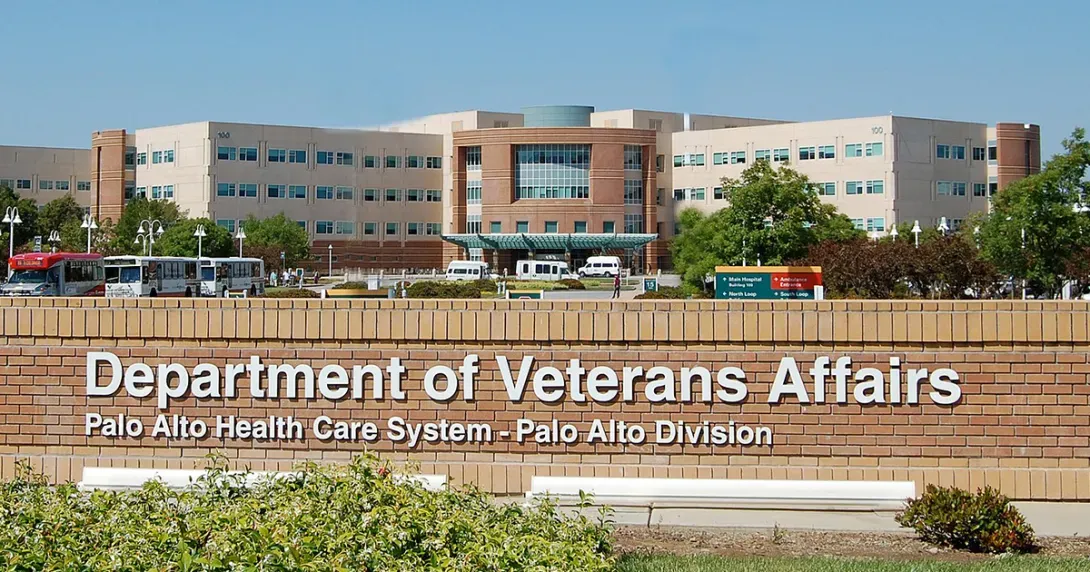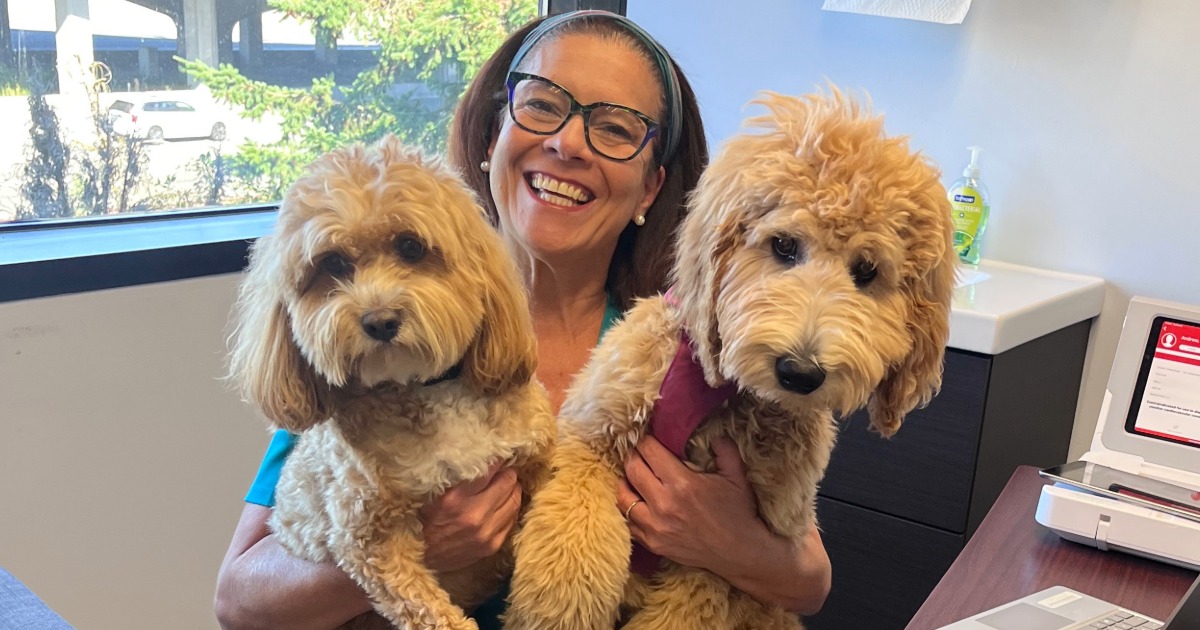
Discrepancies with the Veterans Health Administration's patient medical recordkeeping for community care provider visits – including a lack of controls within the software – have led to incomplete patient data for vets, according to a new report from the Office of Inspector General at the U.S. Department of Veterans Affairs.
WHY IT MATTERS
Prompt receipt of community care medical records is critical for care coordination at the VHA. Prior VA Office of Inspector General reports have pointed to a lack of data as contributing to duplicative or delayed veteran care and missed appointments.
For the new report, released this past Thursday, the VA OIG conducted a review to determine whether VHA staff were properly retrieving and documenting these medical records. The watchdog agency analyzed VHA records for appointments scheduled between Oct. 1, 2023, and April 1, 2024, for the review.
While the agency closed nearly 3 million community care consults by Dec. 16 and was still working on closing 71,000 open consults from that same period, only 82%, or 2.4 million, of the closed visits had the associated medical records attached.
Some VHA facilities struggled to retrieve the data from community care providers, but they also had trouble managing the records when they were received, the VA OIG report said.
Staff failed to use the required Consult Toolbox software for about a quarter of cases where records were successfully imported from the community providers, but also a lack of controls within the software also led to incomplete data.
The lack of community care visit data makes it difficult for the VA to track which of those consults outside of VHA care still require follow-up actions, according to the report.
Community providers, which veterans rely upon when a VHA facility doesn't offer necessary services or when they live far away from the nearest facility, are required by contract to send the associated medical records back to the VHA within 30 days of the appointment. If they do not, VHA staff must make multiple attempts to retrieve them within 90 days.
According to the OIG team’s analysis, 62 facilities each imported 90% or more of their facility’s records for completed community care consults into the veterans’ EHR.
Meanwhile, VHA staff cited competing priorities and lack of time as key factors that hampered their ability to consistently request and process these records, the watchdog agency said, noting that the policy for administratively closing consults was both unclear and inconsistently applied across facilities.
The investigating team said it conducted interviews at the Chillicothe VA Medical Center in Ohio; the Togus VA Medical Center in Augusta, Maine; the Aleda E. Lutz VA Medical Center in Saginaw, Michigan; and the Louis A. Johnson VA Medical Center in Clarksburg, West Virginia.
"Staff at these facilities said they had agreements to access some electronic medical records from community providers via secure internet portals or the Veterans Health Information Exchange to pull records themselves," the team said in the report.
Even after records were received, the timeliness of importing them into the veteran's EHR varied widely. Some facilities used specific tools to speed up the process, while others faced technological barriers that created delays.
Starting Sept. 12, 2023, VHA’s Office of Integrated Veteran Care required the use of consult management software that standardizes documentation for VHA staff by community care staff to document the return of medical records.
IVC did not always properly document the receipt of records using the designated Consult Toolbox software. That administrative agency failed to ensure medical facilities filled out the required elements in the software, and that facility staff input information correctly, VA OIG said.
This was the case for about 26% of 2.4 million consults (approximately 630,000 of the community care visits during the study period).
THE LARGER TREND
The VA has struggled to effectively exchange data with its community care providers, which its Secretary Doug Collins told senators in June was one of the reasons the rollout of the beleaguered Oracle Health EHR must not tarry any longer and requires increased funding.
"VA’s EHRM effort is moving the department from a decades-old legacy system to a modern system that is interoperable with systems at the Department of Defense and other federal partners, as well as participating community care providers, allowing clinicians to easily access a veteran’s full medical history anywhere they seek care," Collins told lawmakers.
ON THE RECORD
"Correctly inputting information into the Consult Toolbox is critical to know which consults still require follow-up actions to retrieve the medical records and which have had records returned," OIG said in the report. "The team found the Consult Toolbox did not have enough controls to ensure staff input information consistently and correctly. IVC’s failure to implement controls led to incomplete data."
Andrea Fox is senior editor of Healthcare IT News.
Email: afox@himss.org
Healthcare IT News is a HIMSS Media publication.


